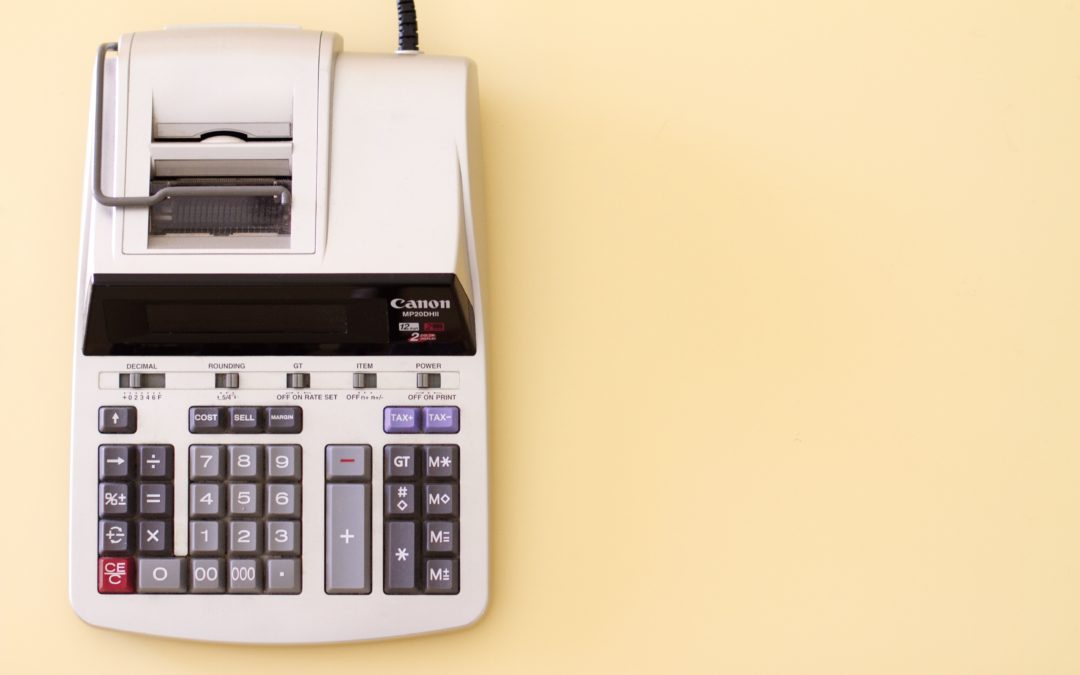
WHAT IS THIS THING CALLED NEGATIVE GEARING?
There’s been a lot of talk recently in the media about negative gearing.
Bill wants it out, Malcolm says it stays. So what is negative gearing and what does it mean to the average investor?
Let’s start with some basics.
Without any borrowings you would buy a property and the rents received (income), would be more than enough to pay for the expenses (outgoings). Whatever income is left over would be added to your personal income and taxed accordingly. The value of the property would, hopefully, grow over time and you become more financially wealthy. So if over the period you own the property the property market increases in value by 50% you now own a property that is worth 150% of the price you paid.
That increase is called capital growth. The growth generally affects all properties equally, as a percentage. So it makes sense that if you buy a more expensive property then that 50% increase will mean more dollars.
To buy a more expensive property you will need to borrow money from the bank or other lending institution to be able to afford the purchase price. The amount of borrowings as compared to the purchase price is what is referred to as gearing.
When you borrow to buy an investment property the interest you pay for the loan becomes part of your expenses. A positively geared property is one where the total amount of expenses including the interest on your borrowings is less than the total income you receive from the tenant, so you have money left over. A neutrally geared property is where the income and expenses are relative equal.
Negative gearing occurs when you have borrowed so much to buy the property that the interest on the loan has pushed your expenses beyond the income you receive in the way of rent. This means that you are owning the property at a loss.
Investors use negative gearing on the expectation that the capital growth will be far greater in the long run than the losses they incur in owning the property. This seems like a great strategy in a rising market but what happens when the market is stagnant or even falling?
The main benefit from negative gearing comes from the use of depreciation. When you have a property with a large depreciation allowance you can have a positively geared cash flow yet be negatively geared for tax purposes. For a closer look at depreciation see our blog “Depreciation- The Key to Negative Gearing”
Does investing in property take you out of your comfort zone? See our blog “What is Your Risk Tolerance?”
Are you taking advantage of depreciation and negative gearing?
About Us
George Astudillo is the founder of Property Quarters, an agency that values communication and great relationships with its landlords.
George now has more than 30 years in real estate, including 15 years as the owner of a national real estate franchise. He’s also an accredited auctioneer and is the author of “The Landlord Mindset”, a book with his best tips to help landlords look after their investments. His book has been quoted in the SMH, The Huffington Post and The Age.
As the founder of Property Quarters, George takes great care in looking after his landlord’s investments. Having seen it all and worked with may landlords and tenants, he’s a strong mediator and negotiator and knows how to navigate through property legislation.
George is trusted by his landlords to advise on the financial management of their investments. He’s put in place proven processes to ensure each property he looks after is managed effectively to retain its value, quality tenants and rental income.
If you’re looking for a property manager who thinks like a landlord and whose business is built on tested processes, contact us by clicking HERE.
Copyright © 2022, www.propertyquarters.com.au




